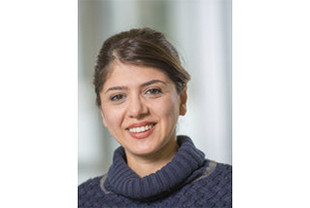An internship abroad is an excellent platform to gain experience in a real work environment. As soon as I started my PhD project, I began to seek opportunities to gain more experience and insight into how other scientists work and conduct their research. I believed that a research stay is an excellent opportunity of gaining new knowledge and skills that could help me to make progresses and to grow as a scientist. I take a huge interest in the work of a research group at the Johns Hopkins University in Baltimore USA, whose team is currently working on prostate cancer therapy. The team has profound expertise in using simulation methods to improve quantitative imaging. Therefore, I contacted the group leader and I briefly explained the core of my project and inquired about the possibility to do an internship in his laboratory.
After having a skype interview with the group leader, he kindly prepared all the documents that were required to be able to work in the country. I was given help in the arrangement of my travel as well. Everything went smoothly and in a timely manner, thus it was not long till I could start working at the Johns Hopkins University in Baltimore. I had the chance to live and work there not less than 6 months between September 2016 and March 2017. During this time I was able to gain more understanding of different aspects on being a successful researcher. Moreover, based on this experience I was able to apply a new simulation method that allowed a better overview of my project. In addition, I was able to conduct valuable work and research that will most likely result in the submission of a scientific paper.
On the whole, working at the Johns Hopkins University for six months was fascinating and full of experience. The time spent there was a great opportunity that has definitely helped to advance my knowledge of image degradation in quantitative imaging.


